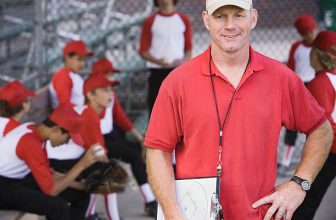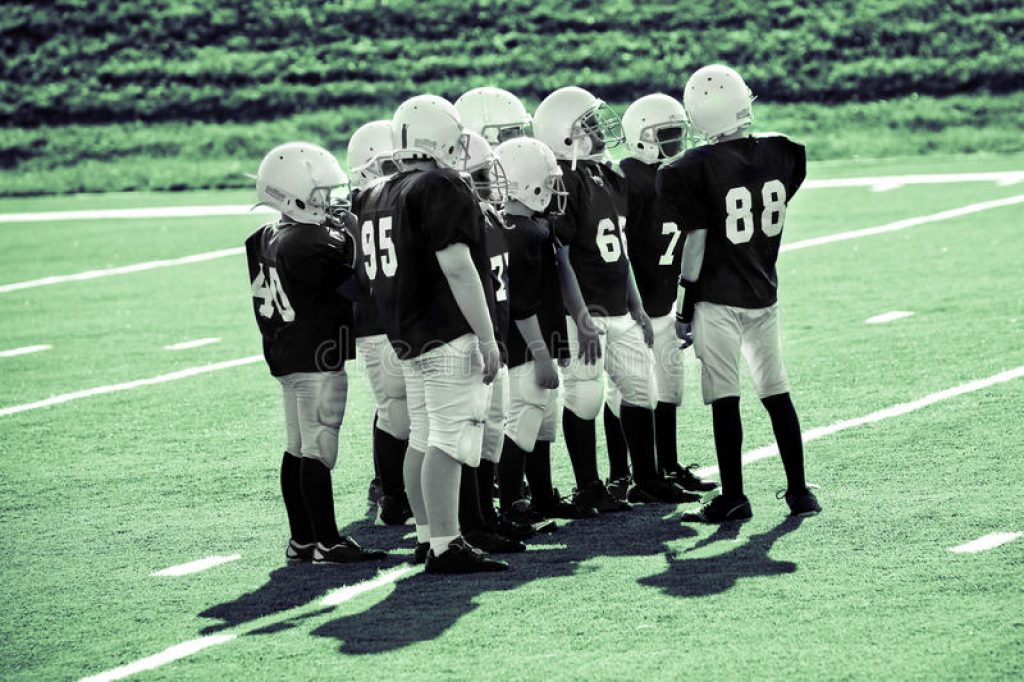
Gone are your days of playing on the diamond. Now, you’re the youth baseball coach. You’re the head honcho. The players look at you. There’s just one problem… you’ve never coached a team like this before, and you have NO CLUE what you’re doing! But don’t worry – that’s what we’re here for. Here are 5 keys to remember as the head of a youth baseball team. You’re going to do great.
Number 1: Always Have A Gameplan
The old saying “fake it until you make it” doesn’t stop at the doors of the boardroom. You may not have it all together, but you CAN come in with a gameplan. Whether it’s practice or game time, while coaching youth baseball you ALWAYS need to have a plan. If you don’t, these kids will eat you alive. Here’s a basic template you can use to get things started.
Practice Gameplan
- Stretch and warm up
- Infield/outfield
- If you have pitchers, you’ll want to work with them here.
- Batting practice
- In the cage, off the tee, and on the field if possible.
- Baserunning
- Work on leading off, going first-to-third, and making a good, tight turn around the bases.
Game Day Game Plan
- If possible, take some batting practice.
- Stretch and warm up on the field.
- Let the players know where they’re hitting in the order, and what position they’re playing.
- This is where you’ll insert some motivation.
Number 2: Lead by Example
Always lead by example. Act like you want your players to act. Engage with players, refs, and parents like you’d want your son or daughter to. Don’t misunderstand this. We’re not saying to be “that coach.” In a 2008 Sports Illustrated Survey, 74% of youth players said that they had seen an “out of control” parent at a youth sporting event. You can be intense, but always remember: it’s only a game.
Your teams’ attitude and identity will come from you and your other coaches. If you want these kids to enjoy playing the game, keep things positive and upbeat. If you want your players to play the game the right way, teach them to and set those expectations early. As a coach, you’re also a teacher and a role model, so never let your competitive juices take over. Stay in control and your team will follow your lead.
Number 3: Coach People, Not Players
In the long run, youth sports aren’t about winning games. They are about winning the future. As youth sports coaches, you’re charged with developing character and providing a safe, enjoyable environment for youths to grow. Always remember, you might be the only adult in a player’s life that encourages them to do the right thing, to work hard, and remain humble. Every moment on the field is a teaching moment for one of your players. Take them aside, share some words of wisdom, and tell them that you’re proud of their effort.
A good coach can make his or her people better players; a great coach makes his or her players better people.
Number 4: Know Your Team
After the first couple practices of the season, you should know what to expect from your team. If they’re not going to be able to compete with some of the better teams in the league, don’t expect that. Temper your expectations and set your goals based on the talent level that you have, not the one you wished you had. I’ve seen seasons be successful for bad teams because the goals were properly set. Instead of winning, they looked to improve. Instead of praising talent or success, they looked for sportsmanship and expected their team to play hard. Dont demand, coaches should just encourage.
Even with the most talented team on the field, it’s always important to take a step back and evaluate what’s really important.
Number 5: Build A Great Foundation
As a coach, you’re looking to build two great foundations for your youth players: a baseball foundation and an attitude foundation. Without both of these introduced at a young age, even the most talented players will fall when introduced to the distractions that high school or college ball players encounter. So instead of seeing yourself as a coach, see yourself as a teacher. As someone who helps shape the identity of each young athlete. Teach baseball fundamentals and sportsmanship to your team.
Conclusion
Coaching a youth team is a BIG responsibility, but if you remember these keys, you’ll do fine. If you care about your kids and take the coaching element seriously, you’re 90% of the way there. For a more in-depth look at running a baseball team, check out some courses on coaching youth baseball.








